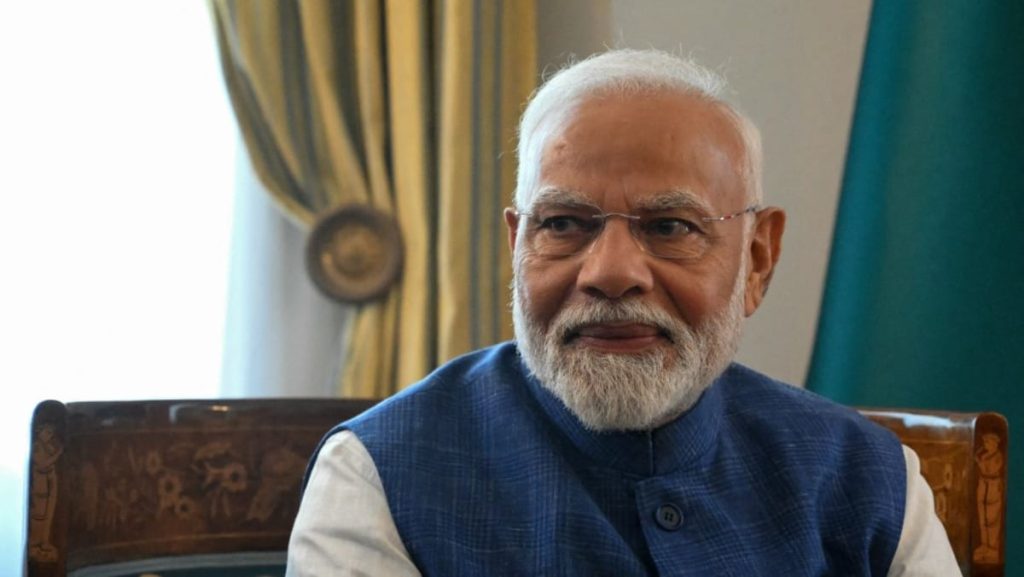Prime Minister Modi’s diplomatic relationship with Russia has faced criticism, particularly after his visit to Moscow in July following a Russian missile attack on a children’s hospital in Kyiv. The visit included a public embrace between Modi and Russian President Putin, despite the ongoing conflict in Ukraine. India has also been accused of benefiting economically from Russia’s invasion of Ukraine, as Russia has become a major supplier of low-cost crude oil to India due to being cut off from Western markets. This economic arrangement has saved India money on fuel but has led to accusations from the West of supporting Moscow’s war efforts.
The close ties between India and Russia date back to the Cold War era, when Russia was a crucial arms supplier to India. However, strain has been evident in their relationship, especially in light of Russia’s invasion of Ukraine. Putin has acknowledged Modi’s concerns about the conflict, and tensions have risen over allegations that Indian citizens were misled into fighting on the frontlines alongside Russian soldiers. India has pressured Moscow to return its citizens who were originally recruited for non-combat roles but were later sent into combat, resulting in the deaths of at least five Indian fighters.
The economic relationship between India and Russia, particularly in the energy sector, has become increasingly important as a result of their political ties. Russia’s isolation from Western markets has led to India relying on Russia for cheap oil imports, saving billions of dollars on fuel costs. However, this economic partnership has faced criticism from Western nations who believe that India’s dependency on Russian oil is inadvertently supporting Moscow’s war efforts. The ongoing conflict in Ukraine has brought these economic and political ties into sharper focus, with concerns raised about the implications for India’s foreign policy and global standing.
Modi’s close relationship with Putin has faced backlash both domestically and internationally, with critics accusing him of prioritizing economic interests over human rights concerns. The embrace between the two leaders during Modi’s visit to Moscow in the aftermath of a deadly missile attack in Kyiv drew particular condemnation, highlighting the challenges of balancing diplomatic relationships with moral considerations. Over the years, Modi’s diplomatic forays have sparked controversy and raised questions about India’s role in global conflicts, including its stance on Russia’s invasion of Ukraine and its ties with other countries involved in similar international disputes.
As India navigates its diplomatic relationships with Russia and other countries, the complexities of balancing economic interests with ethical considerations have become increasingly apparent. The implications of India’s reliance on Russian oil amid the conflict in Ukraine raise questions about the country’s strategic decisions and its positioning on the global stage. The tensions between India and Russia over the conflict in Ukraine, as well as the broader implications for India’s foreign policy, have underscored the challenges of maintaining diplomatic relationships in times of global crisis and the need for careful navigation of international alliances and partnerships.
Overall, Modi’s diplomatic engagements with Russia have faced criticism and scrutiny, particularly in light of the conflict in Ukraine and India’s economic ties with Moscow. The delicate balance between economic interests and ethical considerations, as well as the complexities of maintaining diplomatic relationships in times of global crisis, have highlighted the challenges of India’s foreign policy decisions. The tensions between India and Russia, as well as the implications for India’s global standing and strategic positioning, underscore the need for careful navigation of international alliances and partnerships in an increasingly complex and interconnected world.



